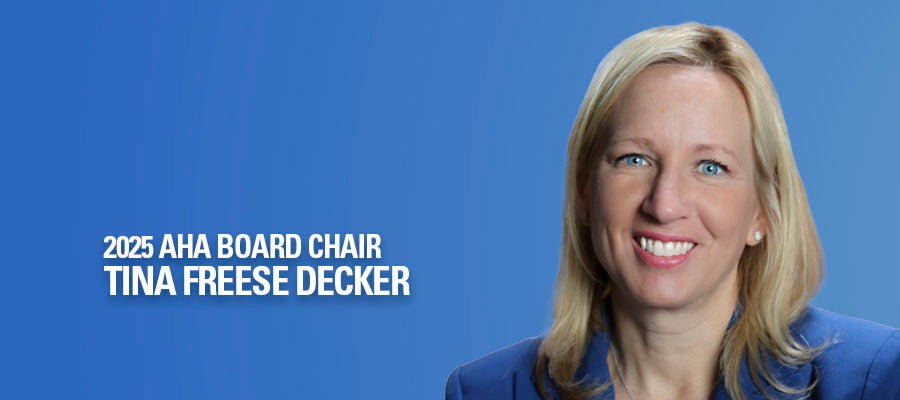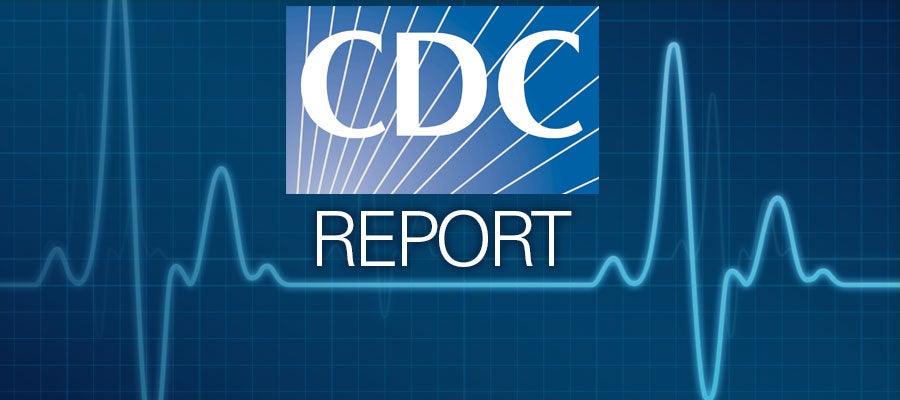
Chris DeRienzo, M.D., AHA senior vice president and chief physician executive, speaks with three experts about how the award-winning Women and Infant Substance Help (WISH) Center at SSM Health St. Mary's Hospital is helping mothers break their addiction to opioids and other substances.







